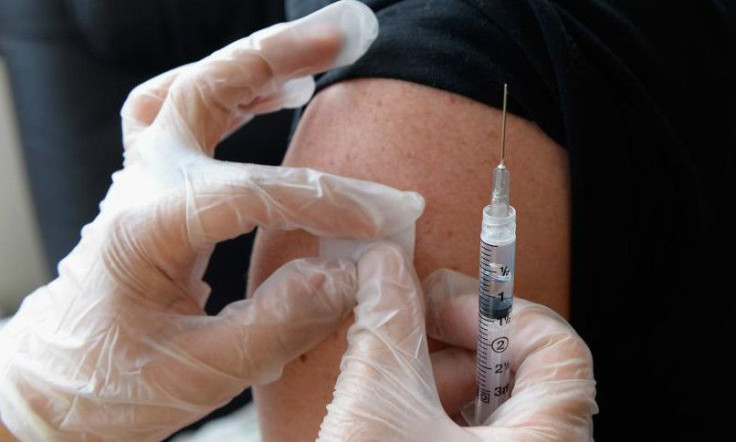False Food Poisoning Diagnosis Leaves Woman Dead From Meningococcal Disease

It’s every family’s worst nightmare when one of their own dies, but it goes beyond that when they feel there’s something they could have done to prevent it from happening in the first place. Christine and Amleto Conticello felt the latter after they self-diagnosed their daughter, Jacqueline, with food poisoning, only for her to die a few days later from meningococcal disease, according to The West Australian.
The basic reason people go to the doctor is usually the same, which is to get diagnosed, get treated and get better. Jacqueline, 22, from Western Australia, never to a chance to complete that simple routine, which just might have saved her life. She died of meningococcal disease, a rare bacterial infection, on Nov. 26, having never gone to the hospital because she and her parents thought it was just food poisoning.
It all started when she left work early on Nov. 23 because she was feeling sick, though she was able to go out with her friends the following night, leaving her family to believe that she was doing better.
That Saturday, Nov. 25, she called her parents to complain of a sore ankle, but they weren’t too concerned, not realizing that this could be a symptom of a much larger, worse issue. It wasn’t until that night when Christine and Amleto went to visit their daughter and saw her with bandages and learned that she had been vomiting and had diarrhea that they became a bit more worried. Still, they simply assumed she had food poisoning, and also attributed a rash on her back to heat rash.
In reality, all of these different medical issues Jacqueline was struggling with were actually all part of the same one - meningococcal disease. The family didn’t learn this until it was too late, though.
Her parents now say they told her they'd take her to the hospital on Sunday morning, when there would be less of a wait. When the time arrived, Jacqueline looked like she was doing better, so her parents decided to hold off and went out for the day, leaving their daughter home alone.
When they came back in the afternoon, she was dead in her room. Now, Christine and Amleto are dealing with the guilt of their daughter’s death, thinking that they could’ve done more to prevent it.
“It’s the guilt that is eating us alive,” Amleto told The West Australian. “The guilt of not saving her.”
This guilt has driven them to warn people of the symptoms of the disease so that others might be able to spot it early and get the medical attention they need.
© Copyright IBTimes 2025. All rights reserved.





















